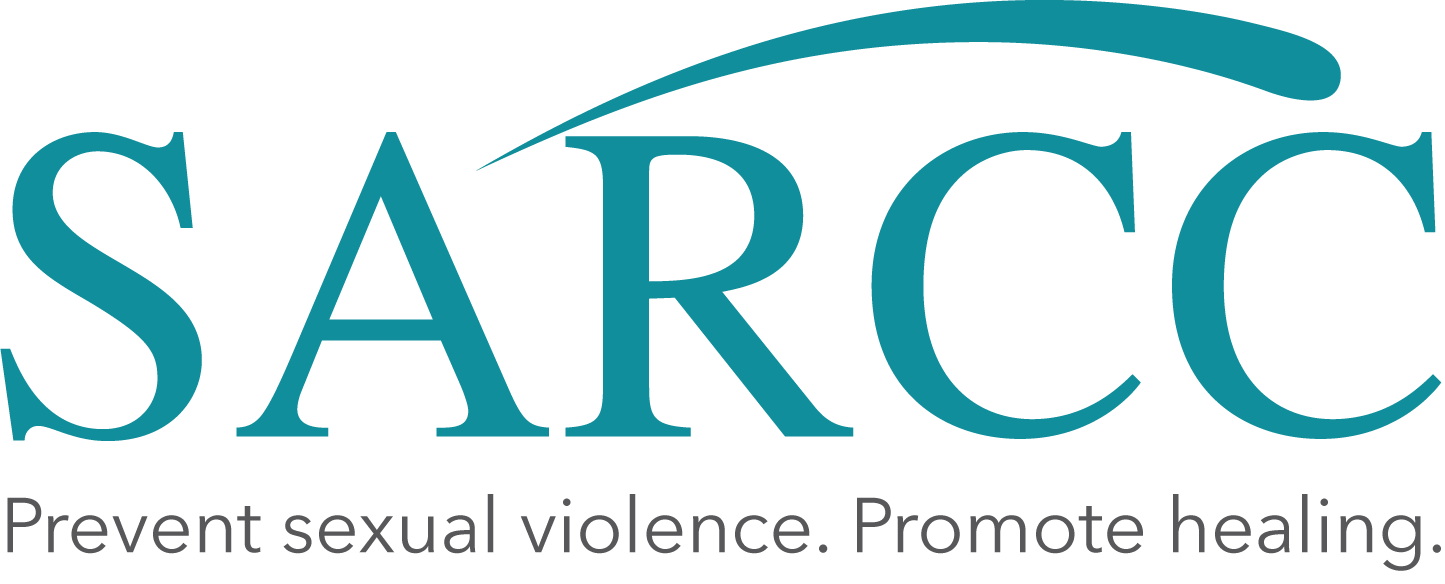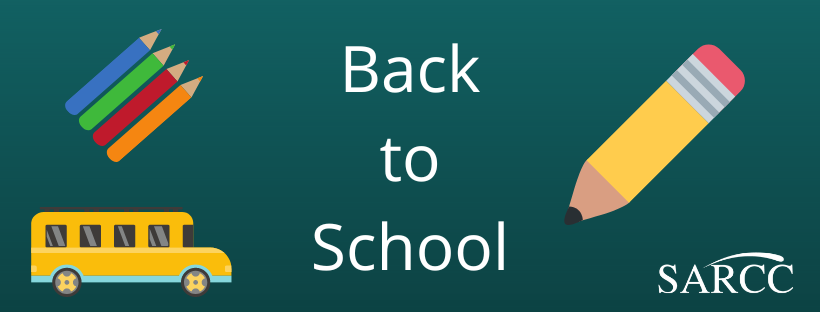In November, I wrote a blog about Native American Heritage Month and what it means in sexual assault advocacy. I had mentioned murdered and missing indigenous women briefly but felt that the National Day of Awareness for Missing and Murdered Indigenous Women on May 5 would be a great day to expand on the topic.
In 2016, there were 5712 reports of missing American/Alaska Indian women, but the Department of Justice missing persons database only listed 116 cases.
Almost 6000 missing people. That would be like the populations of the towns of Annville or Schuylkill Haven disappearing.
According to the National Congress of American Indians, more than 80% of Native American women have experienced violence in their life. 96% of Alaskan Indian/American Native (AI/AN) women of who have experienced violence had a non-Native perpetrator. AI/AN women are also 2.8 times more likely to be murdered than non-Hispanic white women. It is assumed that many of these missing indigenous people were sexually assaulted or are currently involved in sex trafficking. Many of these crimes are not investigated and/or prosecuted due to the lack of tribal resources, as well as jurisdictional conflicts. These reasons don’t even start to include blatant and systemic racism of indigenous American and Canadian people.
Twenty year old Ashley Heavyrunner Loring is one of the missing person’s case that received Department of Justice attention. A Blackfoot tribe member, her family wasn’t too concerned when they didn’t hear back from her immediately, but grew fearful after a few weeks of no contact. Law enforcement told the family, “She’s of age, she can leave when she wants to” despite family expressing their concerns. It took tribal police two months launch a formal investigation; volunteers in a search party earlier had found a sweater of hers, but authorities lost the article of clothing before it could be tested.
In 2006, the mother of Victoria Eagleman, from the Lower Brule Sioux Tribe, was told, “Vicki is off partying” after Victoria went missing. Victoria’s mother, who once worked at a women’s shelter, explained to police that her daughter had a partner who severely physically abused her. A month later, her naked body was found during a community search party. Later that year, Vicki’s case file and crime scene photos were found on the street outside the police department by a citizen. There has not been an arrest in her death.
Annita Lucchesi, a Cheyenne tribe doctoral student, saw the need for a unified missing and murdered indigenous people database. She created the Sovereign Bodies Institute which documents missing indigenous people–men, women, and Two-spirit. The institute accesses federal government missing person’s databases, tribal communities, social media, and victims’ families in order to compile their database. This database addresses the issue of MMIW–a topic that is ignored by our federal government.
Though we may not have large living populations of indigenous people in our communities, we must at minimum do three things:
1. Acknowledge that we are on tribal land of the Susquehannock and Lenapehoking (Lenni-Lenape) tribes.
2. Understand that the issue of MMIW, even if not directly affecting you as an individual, is a widespread issue of gender-based violence.
3. Understand that the issue of MMIW is one that is deeply rooted in oppression.
As an employee of an anti-oppression organization, one of the most important things I remember at a training is being told that when you ensure the safety and well-being of the margins of the margins, you will ensure safety for all. What this means is that when you strive for justice for classes of people who are being discriminated against, you ensure justice for groups who may have more privilege. By understanding and acknowledging the plight of MMIW, we can fight for the safety of everyone who may be subjected to violence
#counselorblog
Additional Links:
Which Indigenous lands do you live on?
More information on MMIW
https://www.nativehope.org/missing-and-murdered-indigenous-women-mmiw
7 Actions to Take for National Day of Awareness for MMIW
https://www.culturalsurvival.org/news/7-actions-take-national-day-awareness-mmiwg
StrongHearts Native Helpline
https://strongheartshelpline.org/get-help
1-844-7NATIVE

